On November 29 and 30, the Vietnamese delegation attended the 111th Session of the Committee on the International Convention on the Elimination of All Forms of Racial Discrimination (CERD) in Geneva (Switzerland) to defend the 15th - 17th periodic national reports from 2013 to 2019 under the guidance of the CERD Convention Committee. For Vietnam, this is the 5th time to conduct the national report.
The Vietnamese delegation, consisting of 22 members from various ministries and sectors, led by Mr. Y Thong - Deputy Minister, Vice Chairman of the Ethnic Minorities Committee, is responsible for promoting an open and constructive dialogue with the CERD Convention Committee, aiming to contribute to preventing and combating racial discrimination.
Speaking at the Session, Comrade Y Thong emphasized that in Vietnam, the 2013 Constitution affirms: “ All ethnic groups are equal, united, respect and help each other to develop together ”. The principle of non-discrimination and equality among all members of the community is the core of the Vietnamese Constitution and is also implemented through relevant legislative reforms.
The above principle is thoroughly implemented in the entire legal system of Vietnam. Ethnic equality is a fundamental principle of the policy of ensuring the rights of ethnic minorities. All ethnic groups, regardless of majority or minority, high or low level of development, are equal in all areas of social life and are guaranteed by the Constitution and laws.
Because the majority of ethnic minorities in Vietnam reside in mountainous, highland, remote and isolated areas with difficulties in socio -economic development, along with determining the right to equality before the law, the Vietnamese State also affirms its priority in supporting and strengthening solidarity, helping and creating conditions for ethnic minorities to promote their internal strength to integrate with the common development, as shown in Article 5, Clause 4 of the Constitution: " The State implements a comprehensive development policy and creates conditions for ethnic minorities to promote their internal strength and develop together with the country ". This is the principle and basic characteristic of Vietnam's ethnic policy and is consistent with Clause 4, Article 1 of the CERD Convention.
Principles and regulations on equality between ethnic groups are institutionalized in law. Vietnamese law has specific provisions on the prohibition of discrimination in the 2013 Constitution (Articles 16, 26, 35) and many legal documents.
Equality among ethnic groups is the fundamental principle of the policy on the rights of ethnic minorities. All ethnic groups, regardless of majority or minority, high or low level of development, are equal in rights and obligations in all areas of social life and are guaranteed by the Constitution and laws.
Comrade Y Thong informed that since 2013, the Vietnamese legal system has been continuously built and improved in a relatively synchronous manner, basically meeting human rights, including ensuring the legitimate rights and interests of ethnic minorities. In the past 10 years, the Vietnamese National Assembly has promulgated 125 laws, including 352 legal provisions directly related to the rights and obligations of ethnic minorities.
Vietnam affirms its stance of resolutely opposing and combating division and inciting hatred among ethnic groups and races. Acts of racial discrimination or support for activities that cause division, discrimination and racial discrimination are strictly prohibited and punished by Vietnamese law.
The head of the Vietnamese delegation stated that during the national reporting period (2013-2019), the civil and political rights of ethnic minorities were guaranteed and promoted. Vietnam has made important progress in promoting the rights of ethnic minorities, especially the right to participate in state management and social management activities. Ethnic minorities are allowed to participate in state management and social management activities directly or through representatives according to specific and clear regulations, especially in implementing the "democratic charter". Many contents, legal regulations, and policy documents clearly stipulate the participation of people, including ethnic minorities, in socio-economic management activities at the grassroots level, on the principle of "people know - people discuss - people do - people check - people supervise - people benefit".
Ethnic minorities in Vietnam are given equal conditions to ensure their human rights such as the right to equality in marriage and family, the right to be protected by an independent judiciary, the right to nationality, the right to freedom of movement within the national territory, the right to exit and enter the country, the right to freedom of speech and press, the right to freedom of religion and belief, etc. These civil and political rights of ethnic minorities are guaranteed by the State equally to all citizens of the Socialist Republic of Vietnam.
Currently, ethnic minorities enjoy preferential policies on education, health care, vocational training, employment, land, housing, credit, production support, etc. In addition, they also enjoy direct investment projects such as the construction of concentrated resettlement areas with the State investing in all infrastructure and ensuring the rights to equal treatment before the Court, personal security rights, political rights in elections, candidacy, nationality, freedom of movement, residence, marriage and family, property ownership, freedom of belief, religion, freedom of speech, freedom of the press. Vietnam has achieved remarkable achievements in the fight against racism at both the international and national levels.
In order to better implement its role as a member of the Convention, Vietnam commits to promoting propaganda, education, and raising awareness of the Convention throughout the country in general and in the ethnic minority and mountainous areas in particular. Strengthening inspection, supervision, and evaluation in law enforcement, especially the supervisory role of people, unions, and socio-political organizations. In addition, Vietnam strengthens international cooperation on the implementation of the Convention to share international experiences and lessons in ensuring the rights of ethnic minorities and foreigners in Vietnam, and combating all forms of discrimination.
At this session, the CERD Committee held a dialogue with 6 countries, including: Bolivia, Bulgaria, Germany, Morocco, South Africa and Vietnam. The dialogue helped the Committee better understand the implementation of human rights responsibilities of CERD member countries, thereby providing more information and basis for making recommendations and conclusions of the Committee. This is also an opportunity for member countries to receive professional advice from experts./.
Source link




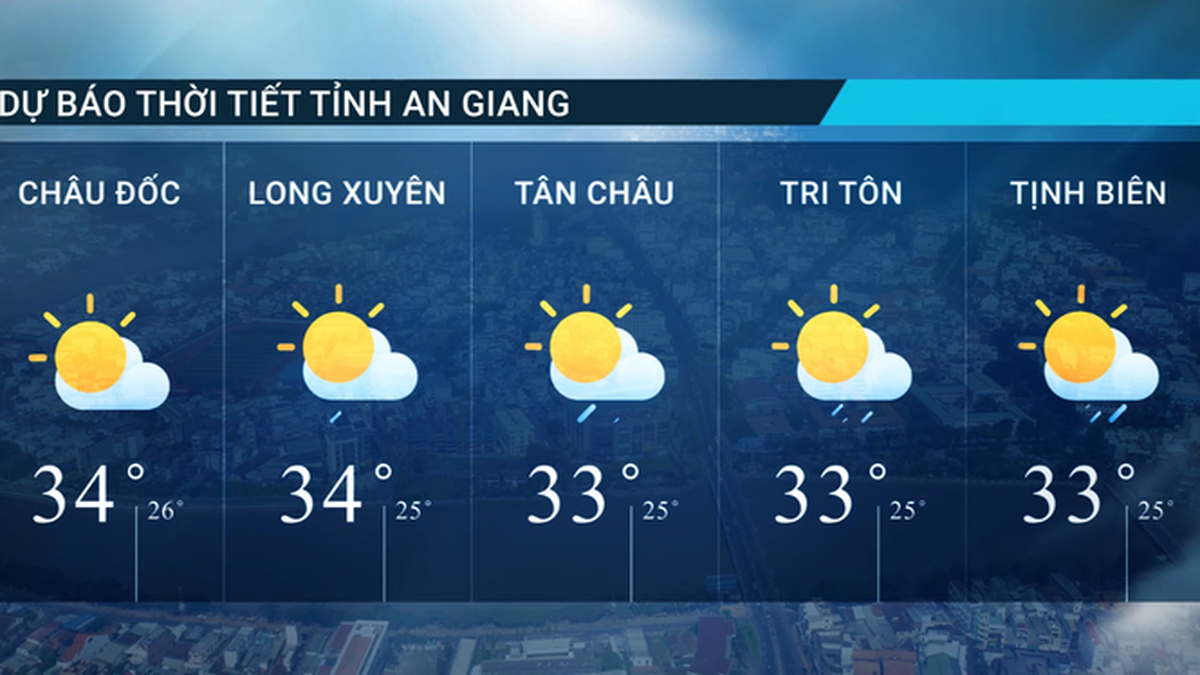
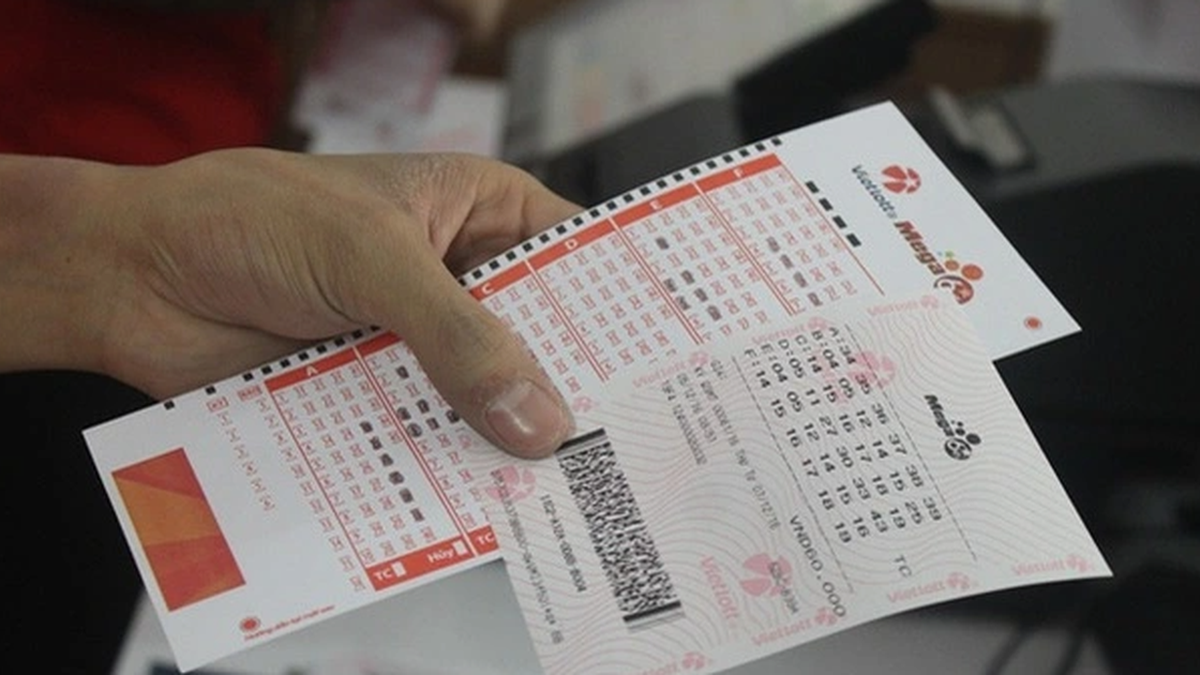




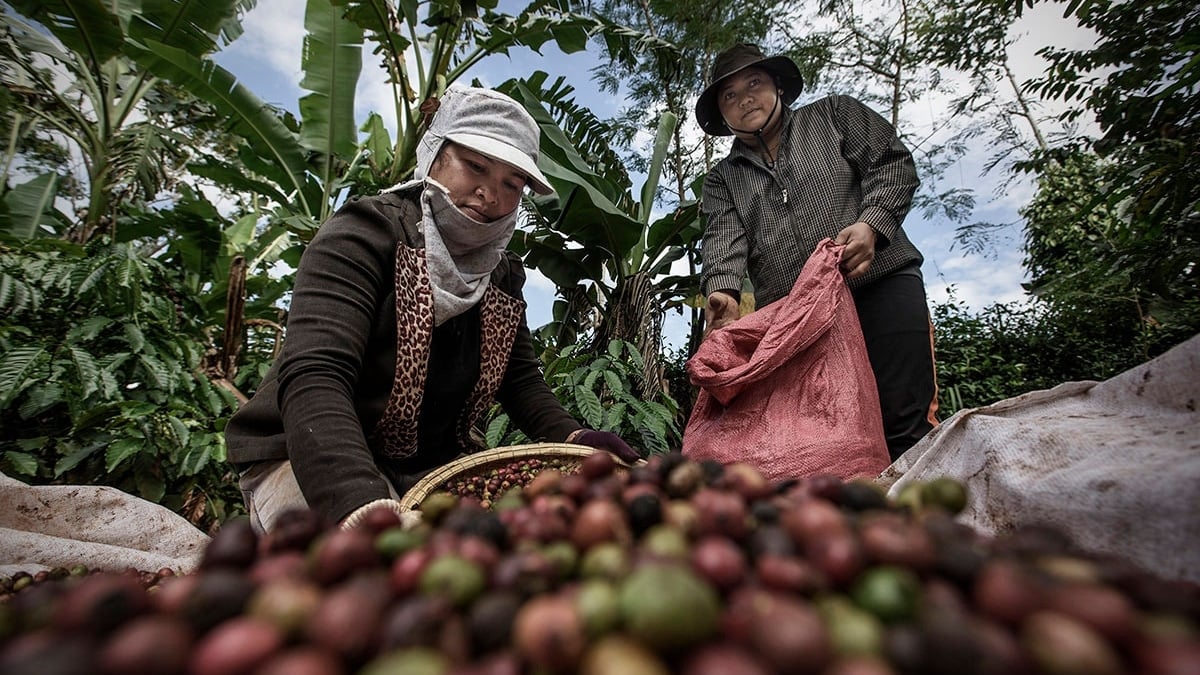



















































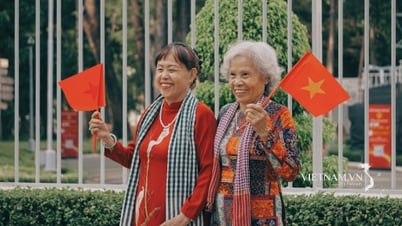









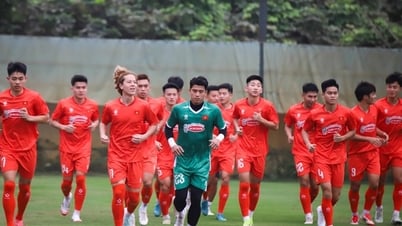



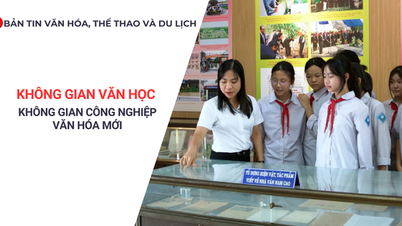

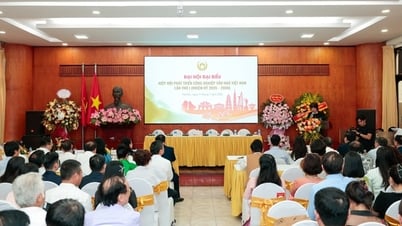






















Comment (0)